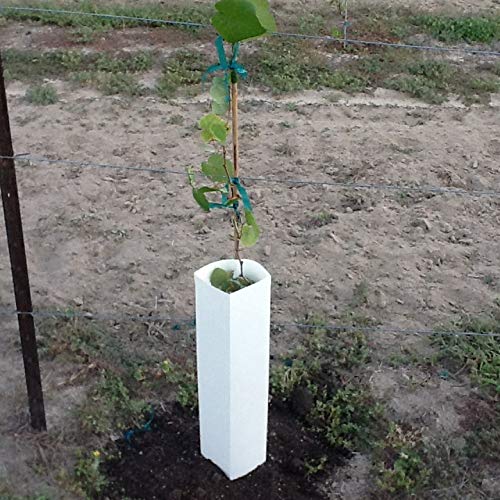Thanks @stickman
So after thinking long and hard and after spending a boatload of money on all the equipment and grapes I decided that to make additive free wine only is too risky.
So I decided to split my grapes and do half and half. That way I can compare the two and see what happens... So here's what I have based on my reading here and online. Remember Im using Petit Syrah, just got the shipment today. Gorgeous, but like @NorCal said, they're small. So the tannin ratio will be high.
So, tonight I will squeeze into two primaries.
Add K-meta to one, (do I add sorbate also or just sulfites? Also, how much?) and let it sit overnight. The other will just be sitting.
After 24 hours, I will add DV10 yeast to the additive one.
Since the additive free one will not be able to age long, I will be pulling the skins out early, say 5 days into fermentation. The additive one I also don't want so much tannin, so I will pull out after a week and a half and press. (Or maybe longer? Somebody help me out)
Leave both primaries covered with a towel until SG drops below 1.040. Rack into secondary. I have 2 25 liter and 2 20 liter carboys. Someone do the math and tell me if ill be ok please?
Airlock, and let it go.
When it hits below 1.000 and stabilizes, I will leave the airlock on the additive free one, and add sulfites and sorbate to the additive one and let them bulk age for a couple of months. I will then bottle, the additive free one will probably be after 3-4 months. I will then flash pasteurize the additive free one to kill whatever yeast may be left in there. I saw this:
http://www.wikihow.com/Pasteurize-Your-Homemade-Wine
Will it work or kill my wine?
Any comments, suggestions or constructive criticism is welcome and requested

Here are my 50 kilo of grapes:































![[Upgraded] 9Pcs Tree Root Growing Box with Drain Holes, Half Transparent Plant Rooting Propagation Ball & Metal Core Twist Ties, for Fast Propagation Plants (Size M)](https://m.media-amazon.com/images/I/514MWQxtWOL._SL500_.jpg)


























